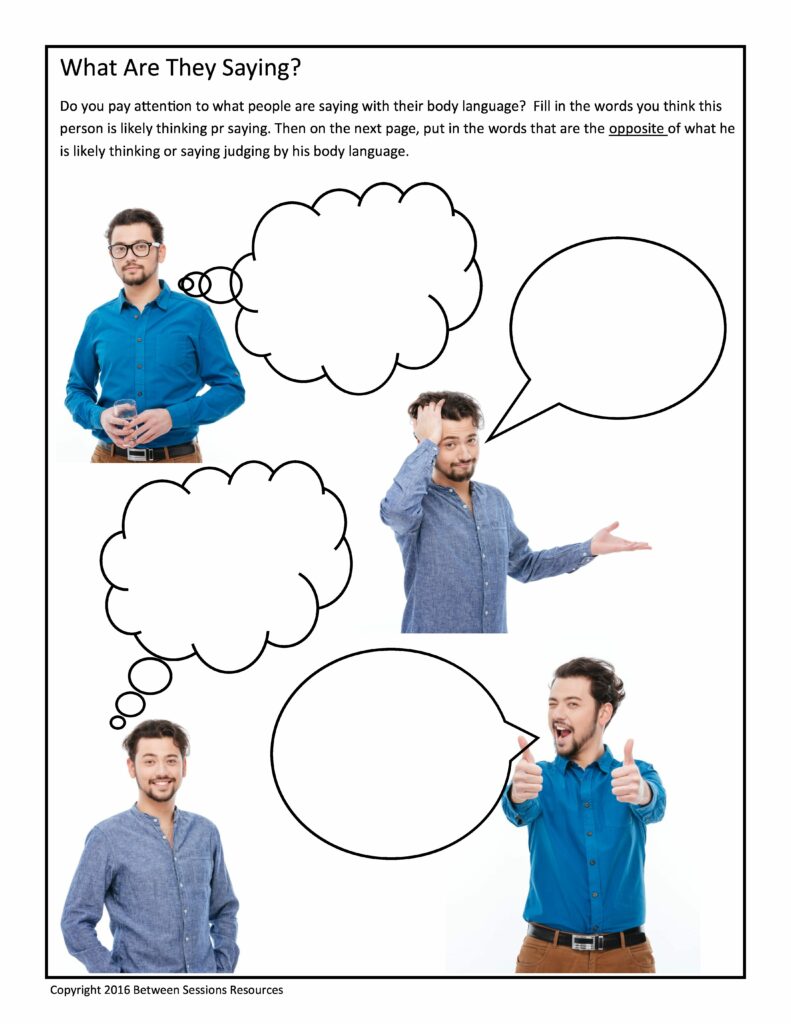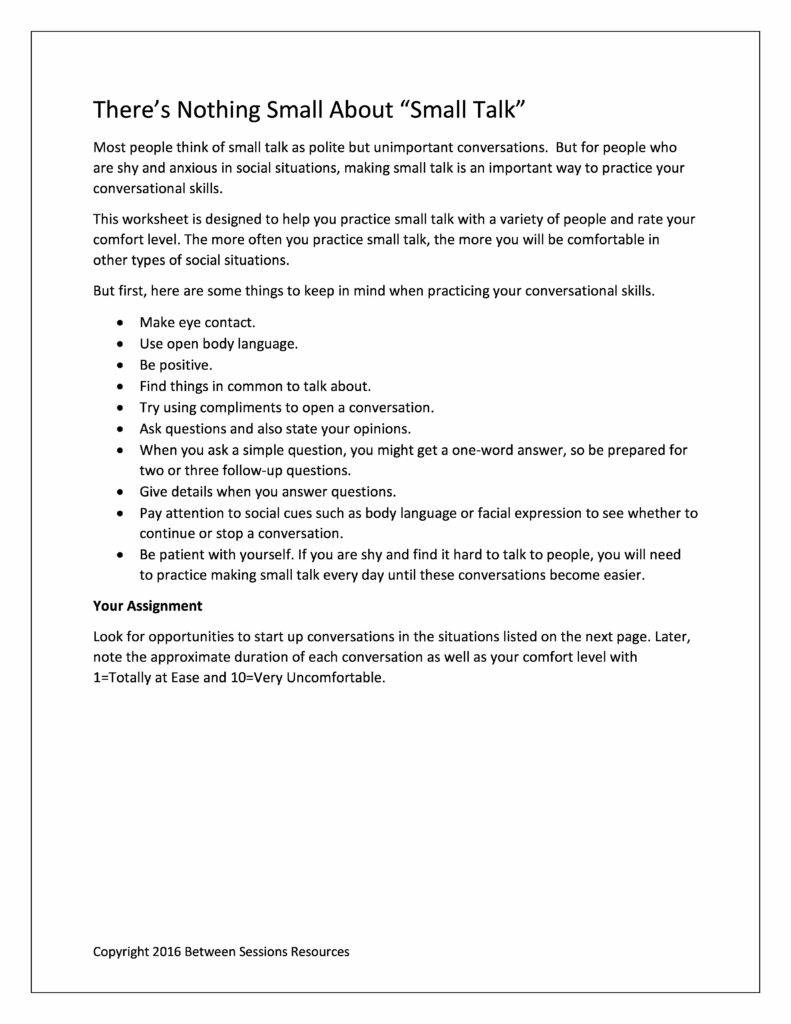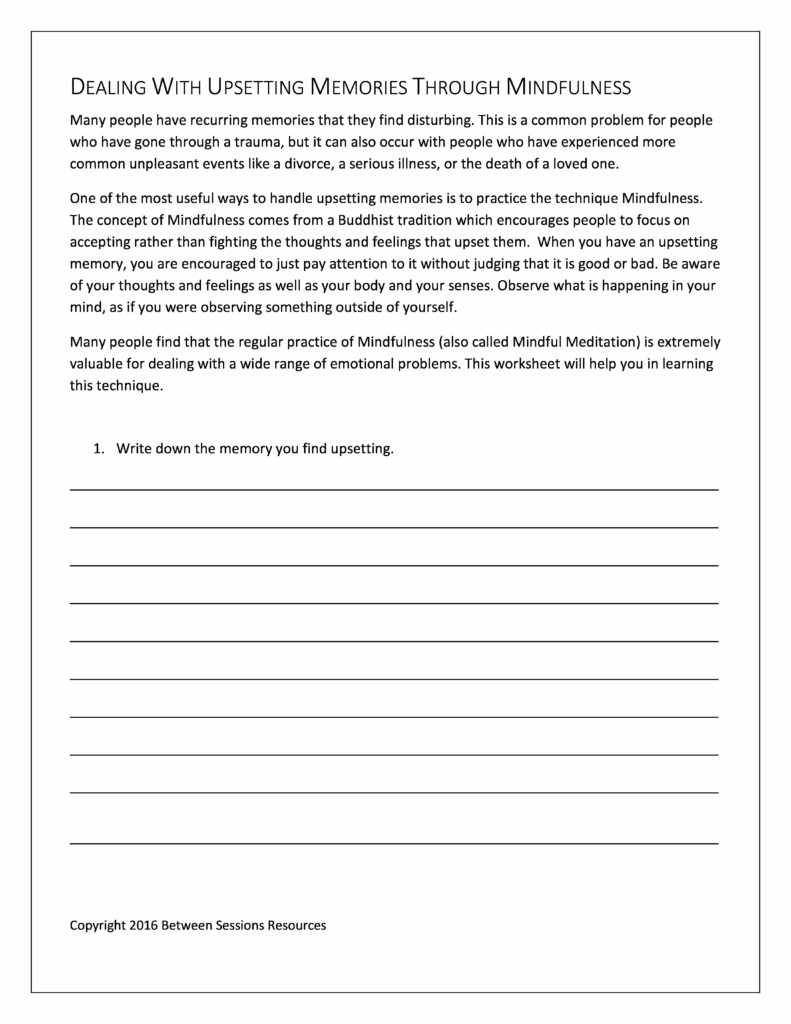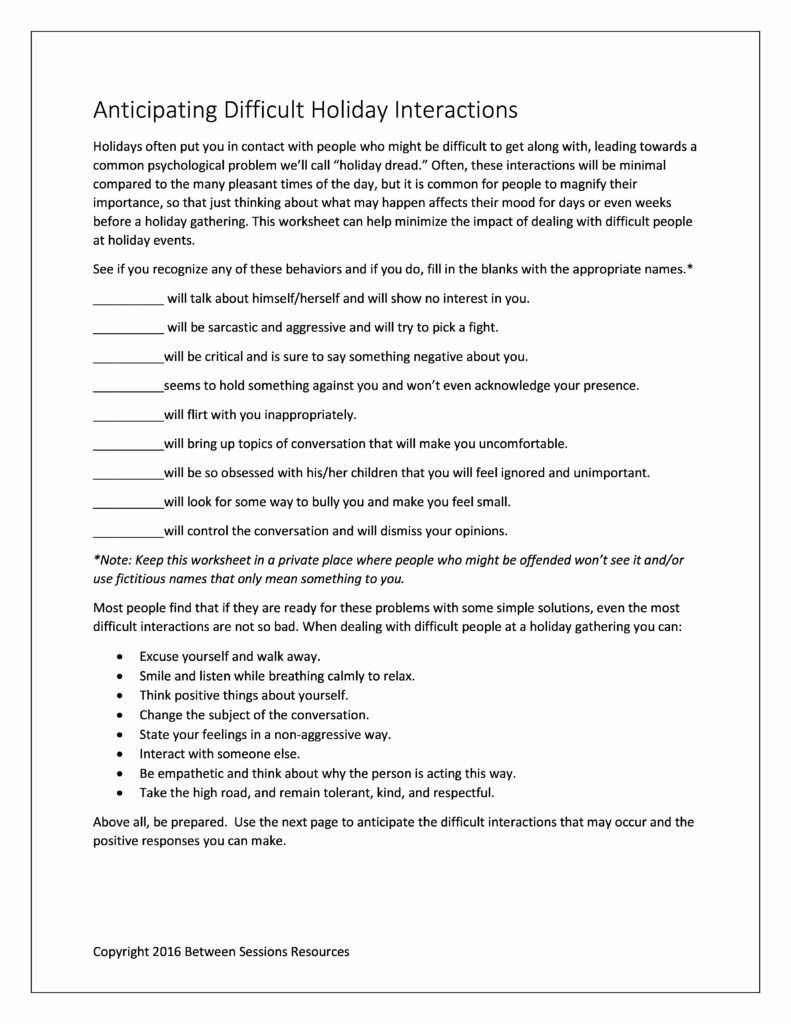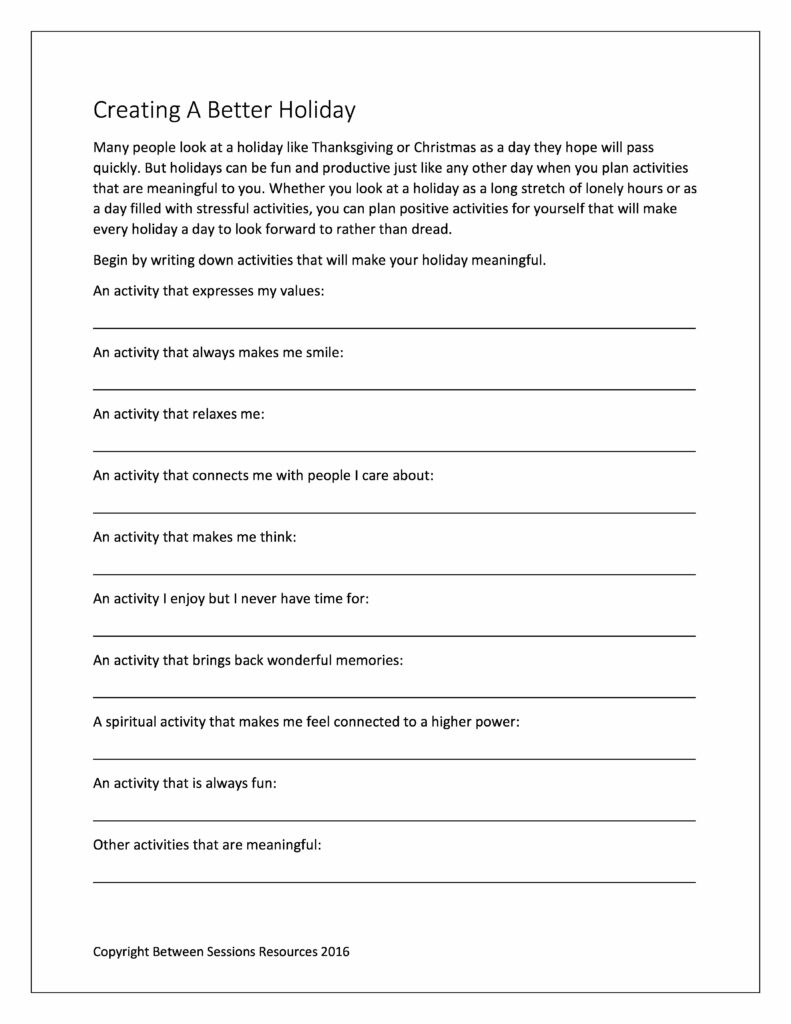Studies tell us that when professionals prescribe therapeutic homework, clients report significantly better outcomes. Our worksheets are derived from evidence-based therapies, and they are designed by experienced professionals. Use the navigation links on the left of this page to view tools in a specific category. Or use the search box at the top of this page to find the exact tool you are looking for.
To modify the tools, click the ‘Send to Client’ button by each tool to open the Psychology Forms Filler. You can then edit the tool as you see fit and either print it out or send it to a client to be filled out online. Click here for a tutorial on using the Psychology Forms Filler.
If you can’t find what you are looking for on this site, please let us know by
clicking here and our team of writers, graphic artists, and therapists will custom-design it for you.
This worksheet is designed to help individuals with chronic pain spend the appropriate amount of time on an activity and the appropriate amount of time resting. It encourages people to break down tasks into time intervals rather than trying to work-through their pain. (0116)
This worksheet is designed to help individuals practice exposure therapy including identifying irrational thinking, letting go of safety crutches, and tolerating uncomfortable physical sensations. (0117, anxiety disorders, panic disorders, fears and phobias)
This worksheet is intended to help people with chronic pain learn the technique of Mindful Acceptance. The worksheet uses the metaphor of a train passing by to help people learn to mentally detach from their pain (0117, pain control)
This worksheet asks people to imagine what a person is thinking or saying by simply looking at his body language. (social skills, Asperger Syndrome, social anxiety, 1216)
This worksheet is designed to help people with social anxiety practice simple conversational skills. The worksheet gives tips on how to handle social conversations and assignments to practice spontaneous conversations. (shyness, social anxiety, Asperger Syndrome, 2016)
This worksheet is designed to help people anticipate how they will handle setbacks in overcoming their mental health problems. It asks people to think about the kinds of triggers that might cause a setback as well as the skills they have used before to handle problems. (anxiety, depression, symptoms, termination, 1216)
This worksheet is designed to help people create a support system. It asks people to think about friends, family, and acquaintances who can help with a problem, help with a task, support mistakes and bad habits, and more. (social skills, recovery, anxiety).
Many people have recurring memories that they find disturbing. This is a common problem for people who have gone through a trauma, but it can also occur with people who have experienced more common unpleasant events like a divorce, a serious illness, or the death of a loved one. One of the most useful ways to handle upsetting memories is to practice the technique Mindfulness. This worksheet will help people learn and practice this technique. (PTSD, DBT, divorce, mindfulness, trauma, 1116)
This worksheet is designed to help people deal with difficult interactions during a holiday event. The worksheet asks the user to think about what kind of difficult interactions are likely to occur and consider positive ways to respond.
This worksheet is intended to help people who normally dread the holidays plan meaningful activities that will make these days (and all days) personally fulfilling. (depression, social isolation, loneliness, wellness, 1116)




